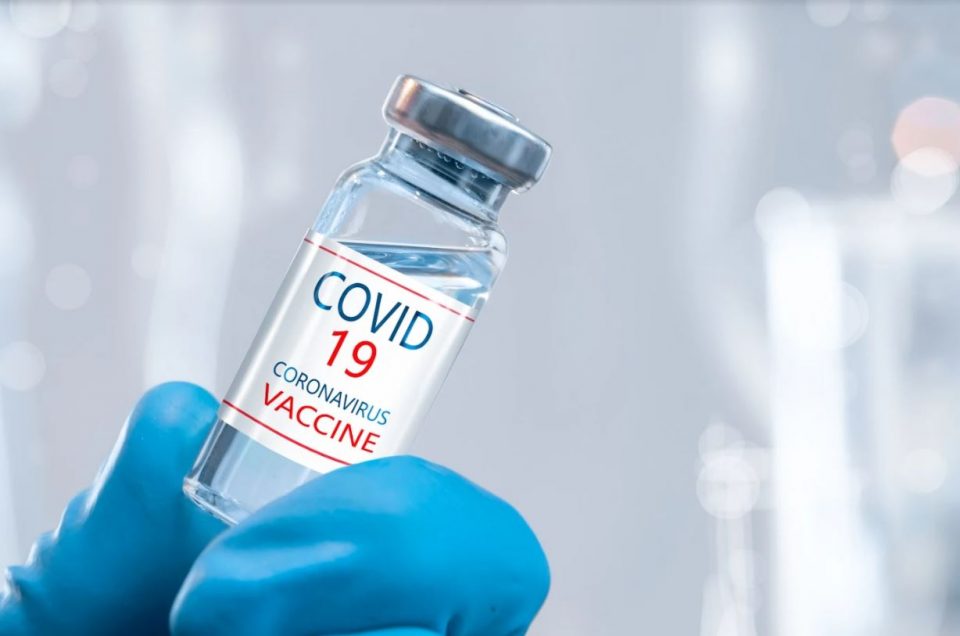Independent vaccination can be implemented by early March 2021. The government is still working on a number of regulations so that the implementation of independent vaccines will provide optimal benefits.
In accordance with the decree of the Minister of Health number HK.01.07 / Menkes / 12758/2020 concerning the determination of vaccines for the implementation of COVID-19 vaccinations, there are seven types of COVID-19 vaccines used in Indonesia. The authorised vaccines are produced by Bio Farma, AstraZeneca, Sinopharm, Moderna, Novavax Inc, Pfizer Inc, BioNtech, and Sinovac Biotech.
The Health Ministry said that the type or brand of vaccine used in the independent vaccination program, AKA mutual cooperation, is different from the vaccines currently used in government programs.
“In the mutual cooperation (independent) vaccine, the vaccine must be different from the allocation that has been determined by the government, so it is on top of 18.5 million,” said the spokesman of vaccination from the Health Ministry, Siti Nadia Tarmizi.
Meanwhile, President Joko Widodo stated that the arrival of the Sinopharm, Moderna, Pfizer, and AstraZeneca vaccines is still in process.
“Independent vaccination is carried out by hospitals that are not appointed to provide free vaccination,” said the President.
The technicality for implementing independent vaccination will not interfere with the government’s vaccination program. Out of 12,000 non-health facilities such as clinics, only 4,000 are currently registered to function as places for government vaccinations.
In addition, the procurement of the COVID-19 vaccine in Indonesia can only be done by PT Bio Farma. This policy is intended to prevent vaccine counterfeiting and leakage. The Indonesian Chamber of Commerce and Industry revealed that it has a list of company names willing to buy vaccines independently.
“Companies that buy mutual cooperation vaccines from Bio Farma will later administer free vaccinations to employees and their families. The hospital may serve patients outside of the employees and family of the sponsoring company,” explained the president.
The role of the private sector in independent vaccination, said the president, is very important in developing herd immunity. With the role of the private sector in mutual aid vaccination, the burden on the state budget can be reduced and the vaccination period can be shortened to less than one year.
Coordinator of PMO Public Communication Committee for Handling COVID-19 and National Economic Recovery, Arya Sinulingga, has said he will ensure that there is no difference between government vaccination and independent vaccination in terms of cost, which should be free.
“The only difference is that the COVID-19 standalone vaccine will be given to workers or labourers at the expense of the employer,” he said.
The COVID-19 independent vaccine will be carried out after the first and second stage vaccinations are completed.




